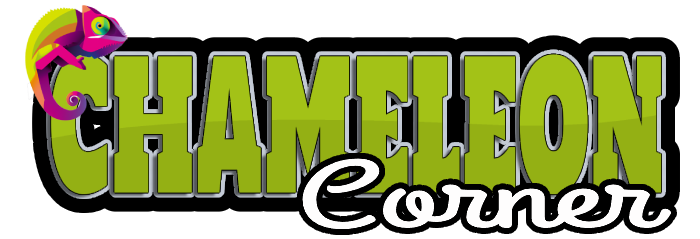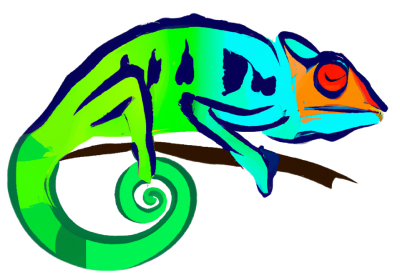Chameleons are fascinating creatures known for their unique ability to change color and their specialized diet. As responsible reptile owners, it’s crucial to provide our chameleons with a balanced and nutritious diet to ensure their health and well-being. However, not all foods are suitable for these exotic pets. Some foods can be toxic to chameleons, leading to serious health issues or even death if ingested. In this article, we’ll explore the foods that are potentially harmful to chameleons and provide guidelines for safe feeding practices.
- Toxic Plants: Chameleons are arboreal reptiles that may nibble on plants in their enclosure. However, many common household plants are toxic to them. Examples include philodendron, ivy, pothos, and certain species of ficus. Before introducing any plants into your chameleon’s habitat, ensure they are non-toxic and safe for reptiles.
- Insects Treated with Pesticides: Feeder insects such as crickets, mealworms, and roaches are staple foods for chameleons. However, if these insects have been exposed to pesticides or other chemicals, they can become toxic to your pet. Always purchase feeder insects from reputable sources, or consider breeding your own to ensure they are free from harmful substances.
- Toxic Insects: Some insects naturally produce toxins as a defense mechanism. Fireflies, for example, contain a chemical called lucibufagins, which can be lethal to chameleons if ingested. Similarly, certain species of beetles and ants may also pose a risk. Avoid feeding your chameleon any wild-caught insects unless you are absolutely certain of their safety.
- Plants Treated with Chemicals: If you’re feeding your chameleon edible plants or foliage, make sure they haven’t been treated with pesticides, herbicides, or other chemicals. Even small traces of these substances can be harmful to your pet.
- Toxic Foods: Some foods commonly consumed by humans can be toxic to chameleons. Avocado, for instance, contains a substance called persin, which is harmful to many animals, including reptiles. Chocolate is another example of a toxic food for chameleons due to its theobromine content. Additionally, onions and garlic can cause digestive issues and anemia in reptiles.
- Unbalanced Diets: Feeding your chameleon an unbalanced diet lacking in essential nutrients can also be detrimental to their health. While insects are a primary source of protein, chameleons also require vitamins, minerals, and hydration. Supplement their diet with calcium and multivitamin powders as recommended by a reptile veterinarian.
In conclusion, understanding which foods are toxic to chameleons is vital for their care and well-being. Always research and carefully select appropriate foods for your pet, and never hesitate to consult with a reptile veterinarian if you have any concerns about their diet or health. By providing a safe and nutritious diet, you can ensure that your chameleon lives a long, healthy, and vibrant life.

